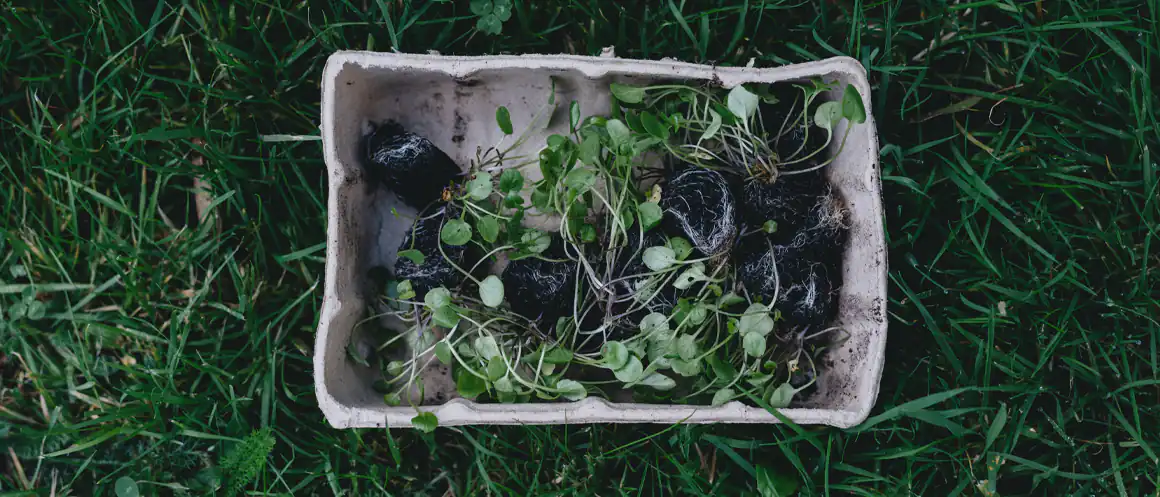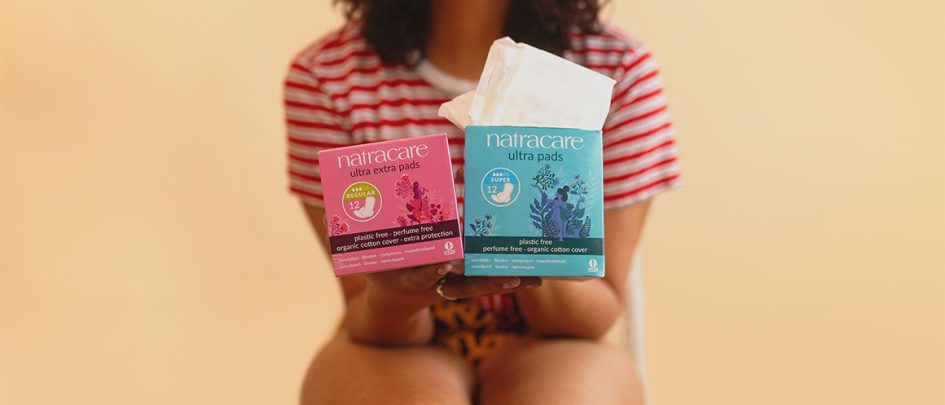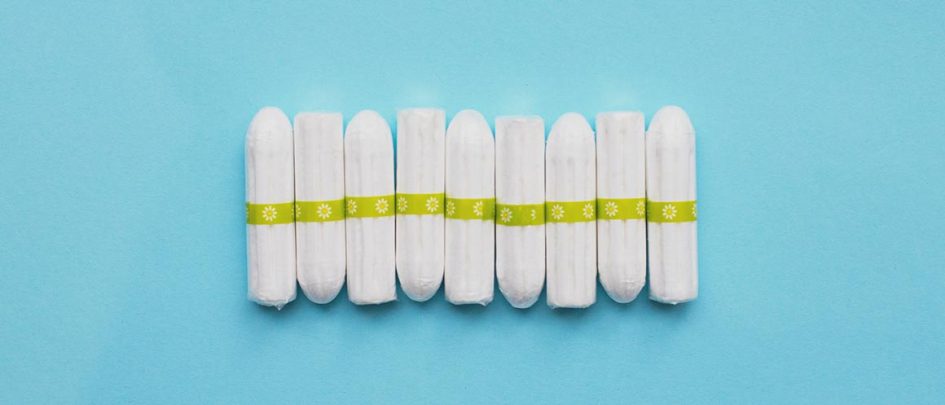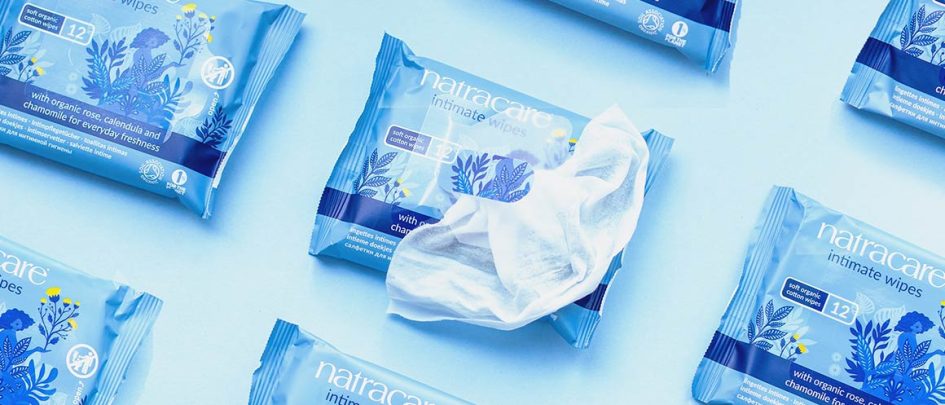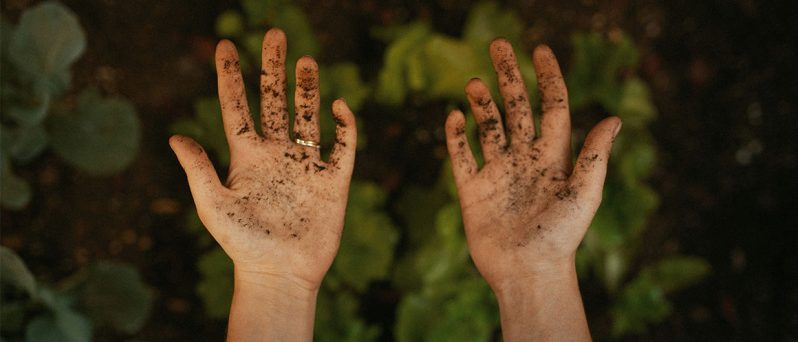What’s the difference between biodegradable and compostable?
If you’re looking to shift your habits to have a more sustainable periods, you might be keeping an eye out for period products that have eco-friendly credentials like being organic. There are also terms such as biodegradable or compostable, used to describe how materials or products break down after use. When these terms are used to describe a period products they likely indicate that they’re more sustainable options than regular plastic-filled pads and tampons.
Biodegradable and compostable are often used interchangeably, so it can be unclear what the differences are between them. The use of one word without the other can be meaningful and change how sustainable a product really is. Read on to find out the difference between compostable and biodegradable period products.
What does biodegradable mean?
If a material or product is biodegradable, it means that in the right conditions it will decompose, broken down by bacteria or other living organisms over time. The rate at which biodegradable materials will break down into the environment depends on a few things, including:
- What materials the product is made from
- How much the raw materials have been processed to create the product
- Whether the conditions are optimal for degradation
The rate of biodegradation can hugely vary (we’re talking anywhere between 6 months and thousands of years). So using this word to describe something can be vague and an attempt to mislead and greenwash consumers. The key takeaway here is that biodegradable doesn’t really mean anything without knowing the context for it decomposing, i.e. the conditions which trigger the material or product to break down into its natural components.
What does compostable mean?
Compostable materials are organic matter that will biodegrade in composting conditions. They will produce natural, non-toxic components such as water, carbon dioxide, and biomass that won’t harm the environment or leave toxic residues as they breakdown.
When compostable items turn into compost, they can release nutrients into the soil to help fertilise the earth and promote plant growth. Compostable products are classed either as home compostable or industrially compostable. This helps to identify the best disposal conditions for the products so that they’ll actually breakdown into compost successfully.
So, what’s the difference between biodegradable and compostable?
Put simply: everything that is compostable is biodegradable, but not everything that is biodegradable is compostable.
Both biodegradable and compostable products will break down over time and in the right conditions, but only compostable products will be regenerated into compost and improve soil quality. Compostable products are the same as biodegradable products, but with an added bonus.
What’s more, biodegradable products that aren’t compostable may require much more specific conditions, like the right level of heat and moisture, to be able to fully break down. So if you compost any non-food products at home, you won’t necessarily be able to add products that are labelled as biodegradable. If the labelling is unclear, check with the brand or manufacturer to see if it can be composted at home or commercially.
How does this apply to my period products?
When you’re shopping for more sustainable period products, you’ll notice that some brands state they’re biodegradable, compostable, or both. Knowing the difference between the two words will help you to find products that are right for you.
Products that only say they’re biodegradable probably aren’t compostable, which means it can be difficult to know how to dispose of them, and the best conditions for them to break down in. There’s also less certainty around how long it will take them to fully decompose, if at all. Products that are labelled biodegradable AND compostable, or just compostable alone, will be able breakdown in commercial compost or maybe home compost. If a product is certified compostable, it will either be as “Home Compostable” or “Commercially Compostable”, which will help you to understand which kind of compost they can be go in.
If you have a home compost bin, or access to a community compost that will accept certified compostable menstrual products, or your local waste collection accepts certified compostable non-food products in their organic waste bins, choosing compostable period products like Natracare is a good choice for you.
Natracare period products are both biodegradable and commercially compostable to the EN 13432 standard or ASTM D6400. So you can rest assured they’ll break down after use, when disposed of correctly and can help contribute nutrients to soil when turned into compost. They aren’t certified as home compostable because this certification isn’t available for any period product. However, the individual components of our period products are suitable for home composting. The wrappers for our Ultra Extra pads and Normal and Long panty liners are industrially compostable.
Here’s more information about composting your period products if it’s something you’d like to learn more about.
